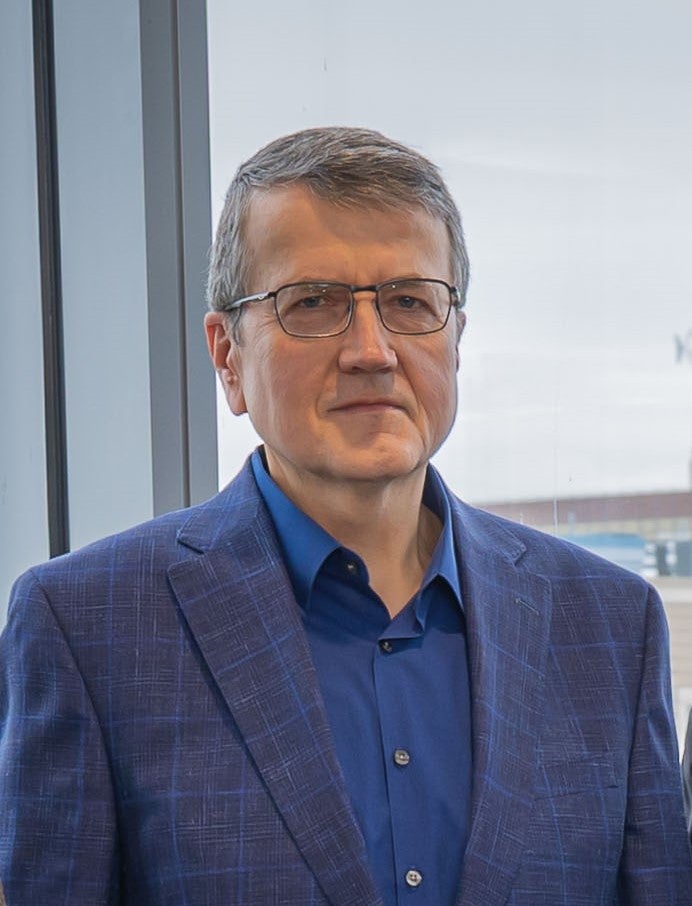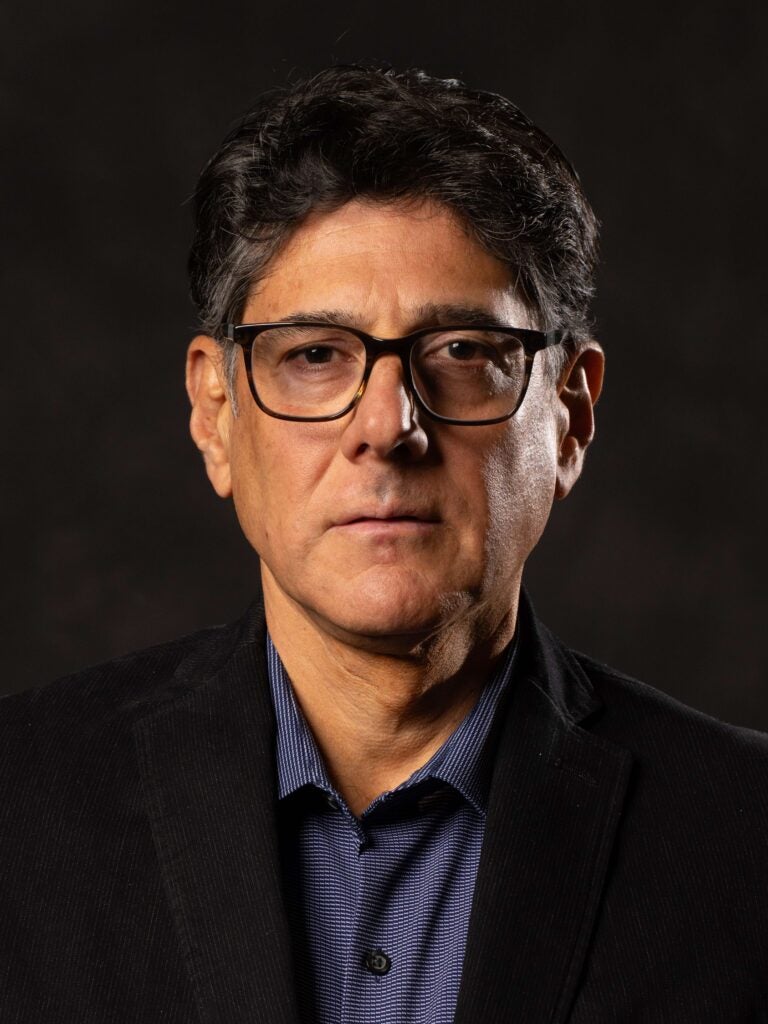Faculty

Center Director
Dr. Jerzy T. Sawicki, Ph.D., P.E.
Department Chair, Mechanical Engineering
Bently and Muszynska Endowed Chair and Professor
Washkewicz College of Engineering
Contact: j.sawicki@csuohio.edu
Relevant Research
- Dynamics and Control of Structures
- Active Magnetic Bearings
- Robust Control
- Rotordynamics
- Lubrication
- Wearable Robotics

Dr. Athanasios Chasalevris, Ph.D.
Assistant Professor
School of Mechanical Engineering
National Technical University of Athens
Contact: chasalevris@mail.ntua.gr
Relevant Research
- Machine Dynamics and Control
- Oil and Gas Bearing Lubrication
- Rotordynamics
- Active Bearing Systems
- Nonlinear Vibrations and Bifurcation Analysis

Dr. Ryan J. Farris, Ph.D.
Scholar Chair and Assistant Professor of Biomedical Engineering at Messiah University
Principal Advisor of Medical R&D at Ekso Bionics
Contact: rfarris@messiah.edu
Relevant Research
- Exoskeletons
- Advanced wearable robotic systems
- Orthotic and neuroprosthetic solutions

Dr. Hanz Richter, Ph.D.
Professor
Mechanical Engineering Department
Washkewicz College of Engineering
Contact: h.richter@csuohio.edu
Relevant Research
- Control theory and applications
- Industrial and biomedical robotics
- Modeling and Simulation of Dynamic Systems
- Mechatronics

Dr. Douglas A. Wajda, Ph.D.
Assistant Professor
Department of Health Sciences and Human Performance
College of Health
Contact: d.a.wajda@csuohio.edu
Relevant Research
- Biomechanics
- Kinesiology
- Motor Control
